Maputo, which was called - until 1976 - Lourenço Marques, is the capital of Mozambique. It is also considered the main financial, corporate and commercial hub in the country.
Text: Hermenegildo Langa
Photos: Jay Garrido, Ricardo Franco & Yassmin Forte
Especial Industry | Download
Special Industry – Maputo
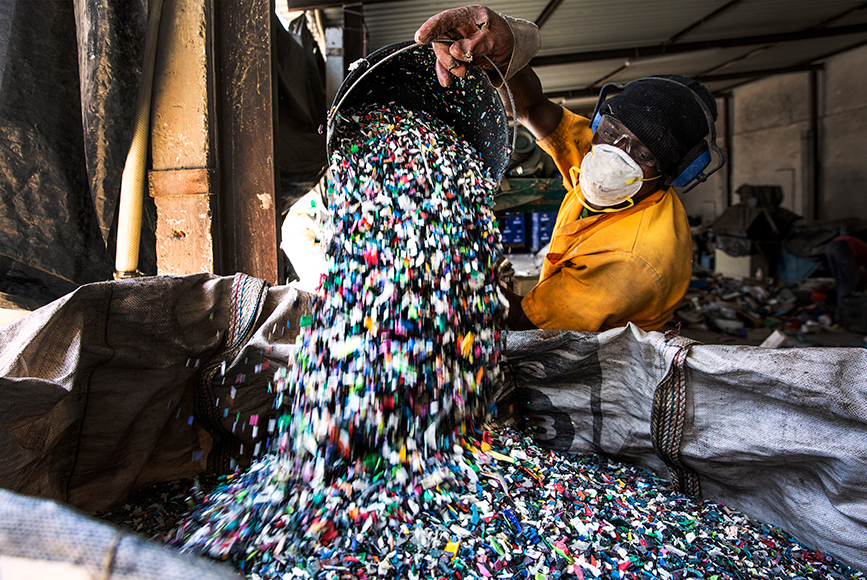
Abertura
Maputo – The city of opportunities
Maputo, which was called – until 1976 – Lourenço Marques, is the capital of Mozambique. It is also considered the main financial, corporate and commercial hub in the country.
In the last few decades, several developments have been emerging in this city, such as the Maputo-Katembe bridge, the longest suspension bridge in Africa, which connects the two river banks of the city. The establishment of different food industries in this city has been highlighted by private investors. These are investments that make this city a preferred destination for any citizen wishing to start their business.
Opportunities abound here. In addition to all these investments, the agribusiness associated with innovative techniques has earned a lot of interest from many young enthusiasts. And there are several examples of this, like the company Fresh and Green, and Inovagri, that through an hydroponic system, a system that improves the use of water with minimal financial resources and bets on sustainable agriculture, shows respect for the environment!
Almost in all the suburban areas of the country’s capital, several young people are engaged in projects related to marketing-oriented agriculture.
There are countless examples that can be listed when we talk about the city of Maputo. The truth is that at this point there is almost a little bit of everything, from services to the manufacturing sector.
Industrialization
Industrialization in Maputo: growth and challenges
Construction
750 million USD
Maputo-Catembe Bridge

Speaking of industrial hubs in the country, although the city of Matola is ahead in terms of the entire Maputo province and the rest of the national territory, the country’s capital city is also a hub to be taken into account. It is here where several service and transformation companies abound, although some have lost strength over time due to adversity.
Today, little is said about the old Mabor tyre factory and several others that have failed to succeed in the current dynamics of the Mozambican market economy. Even so, there is work that is being done by the Government and the private sector to revitalize the industrial sector and also throughout the national territory.
“We are currently in a mapping process to see what we have in terms of our industry and what actions should be taken in order to encourage investors to set up their business in the national territory,” the National Director of Industry, Sidónio dos Santos, pointed out.
According to Dos Santos, the 2016-2021 strategic plan of the Ministry of Industry and Commerce (MIC) lists 10 priorities for the development and revitalization of the Industrial Sector and the challenge now is to define within these, which ones deserve more attention.
“The allocation of 10% of the State Budget for agriculture is an example of the policies adopted by the Government to promote the Industrial Sector. The development of agriculture, especially the SUSTENTA program, will be crucial to make the entire chain thrive,” the National Director of Industry underlined.
And for the Industrial Association of Mozambique (AIMO), the starting point to revitalize the sector, the focus is also on productivity. “We want to attack the productivity and competitiveness sector in order to promote the establishment of new industries in the country”, Rogério Samo Gudo considers, president of AIMO, and added: “but we also have to create conditions for the country to start producing parts to supply large industries.”
To this end, Samo Gudo guaranteed that he was working with several institutions to achieve this objective. “At the level of AIMO, we are working with different institutions in order to find solutions for the promotion of different industries in the country,” he explained.
However, if some industries have fallen into bankruptcy over time, there are some that have emerged, such as the Conforlar factory, in 2012, dedicated to the manufacture and sale of foam, foam mattresses, spring mattresses, beds, bases, headboards, ottomans, chairs, armchairs and sofas, and the Ipanema shoe factory, which has existed in the country for more than two decades.
State Budget
10% for agriculture
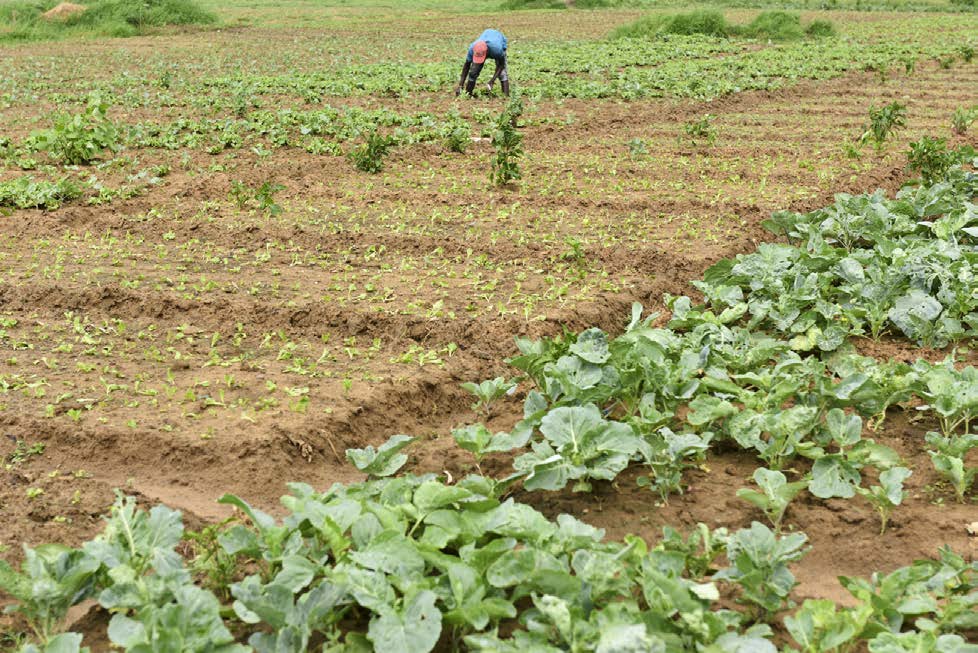
Exportation: 63%
Aluminum, Electricity,
Minerals and Gas
Investment: 2.5 million USD
Invested in Moztek
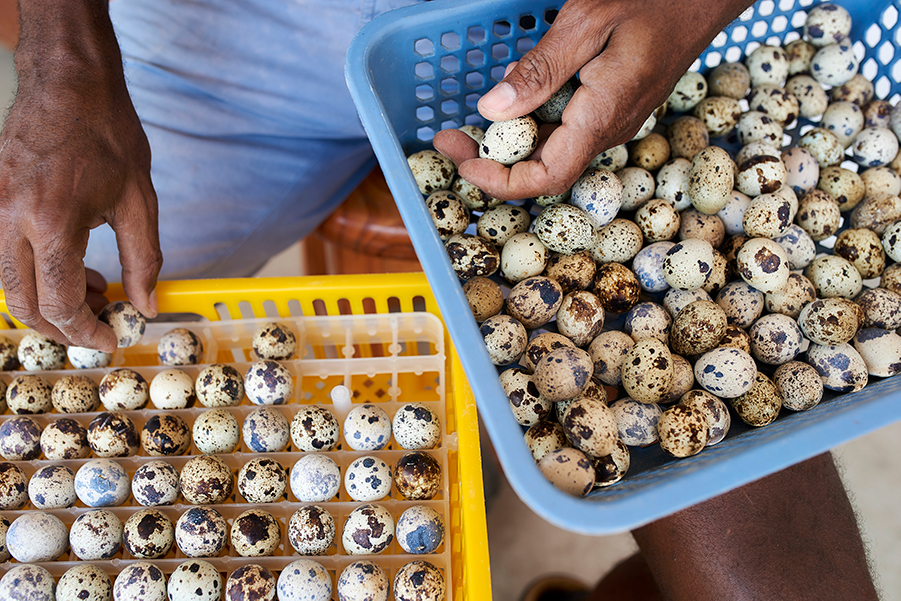

“It is a good sign for us, as it demonstrates that there is serious work being done by the Government and investors. The Government’s task now is to reduce bureaucratic aspects so that investors find it easy to invest in our country,” Dos Santos said.
As with the new investments, according to the Provincial Government of Maputo, there are also some old factories that went bankrupt more than two decades ago, but which are now in the process of revitalization.
“We have the old Texlon, which is now Moztex, doing well. We also have the old Riopele, which has been in business for over four years and is doing well. As of 2018, it expanded its production capacity,” the Provincial Director of Industry and Commerce of Maputo, Ernesto Mafumo, revealed.
Even so, the challenge lies in promoting and developing the agricultural sector so that it serves as a bridge to the emergence of the entire subsequent chain. And, for that, the Government guarantees that it is already working to make this happen.
Ipanema, an example of success
Case Studies: IPANEMA, an example of success

The Ipanema factory is one of the few old companies that managed to succeed in the country. With 25 years of existence in the national territory, Ipanema, although best known in the Mozambican market for producing women’s and men’s slippers, is also dedicated to the manufacture of shoes, wallets and belts.
According to the plant’s manager, Giselle Bourguignon, the secret of its continuity up to today is innovation. “Over these 25 years, Ipanema has been gaining an ever more robust structure. We started our journey with big dreams and we always aim to create deeper and deeper roots and that is exactly what happened,” she explained.
However, this factory’s achievements didn’t stop there. “The path has been one of great battles, but today we already have our own factory – and seven Ipanema shoe stores in Maputo and two partner shoe stores in Nampula and Beira,” Bourguignon says, underlining that “in addition to the sale of shoes, we dedicate also to import and distribute the Ipanema slippers throughout the country, the company’s latest bet.”
The manager considers that the biggest challenge remains adding value to national products. “Unfortunately, there is still a great stigma that domestically manufactured products have no quality. The preference is mostly for imported products. The “Ipanema 25 years” campaign was created with this objective: to show that Mozambican hands guarantee high quality production. We are very proud of our finished product because (1) we are careful in the selection of our suppliers to always guarantee maximum quality of the raw material; (2) we have a deep know-how acquired through the practical experience of our workforce – some of our employees have worked for 25 years with us; and (3) we put a lot of love in each stage of our production process,” the manager concluded.
Moztex: old Texlon comes back to life
The Texlon factory is part of a group of companies that, over time, has been unable to resist the adversities of the Mozambican economy. In the 1960s, this and other textile factories were responsible for absorbing more than two thousand workers. Its bankruptcy put thousands of Mozambicans into unemployment.
After more than five decades in total stagnation, the factory came back to life, boasting a new designation and new investors. With the name Moztex, the company remains focused on textile services.
Currently, the Moztex industrial unit belongs to the Aga Khan Network for Development and exports several “Made in Mozambique” garments to the USA.
According to the Aga Khan Network, Moztex is being financed through services promoting industrial investments that the foundation has in its areas of operation. “This scheme aims to revitalise some industries so that they contribute to job creation,” the group explained.
According to the Aga Khan Network, in order to (re)start Moztex’s activity, approximately 2.5 million dollars were initially invested. In 2010, the company started exporting garments to South Africa. Currently, the destinations of this company’s products are varied and far away, as is the case of the USA.
Especial Industry | Download








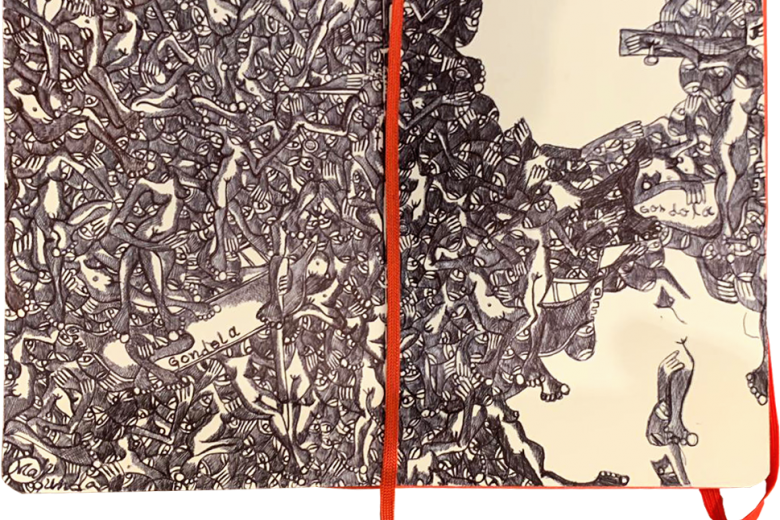














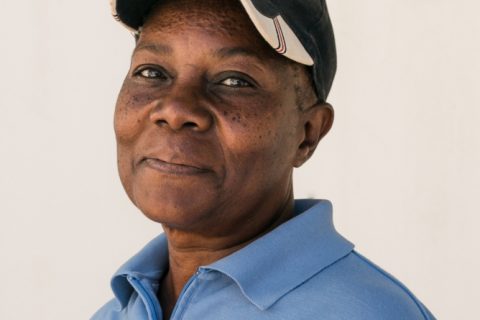
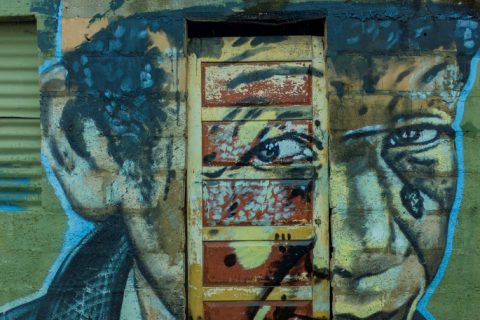


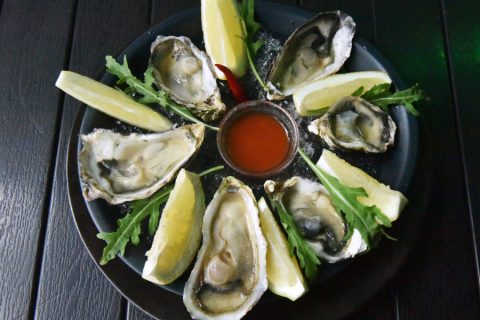


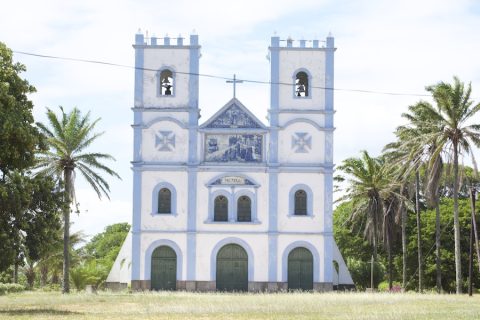
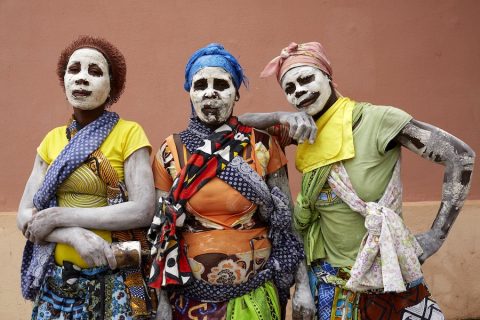



0 Comments